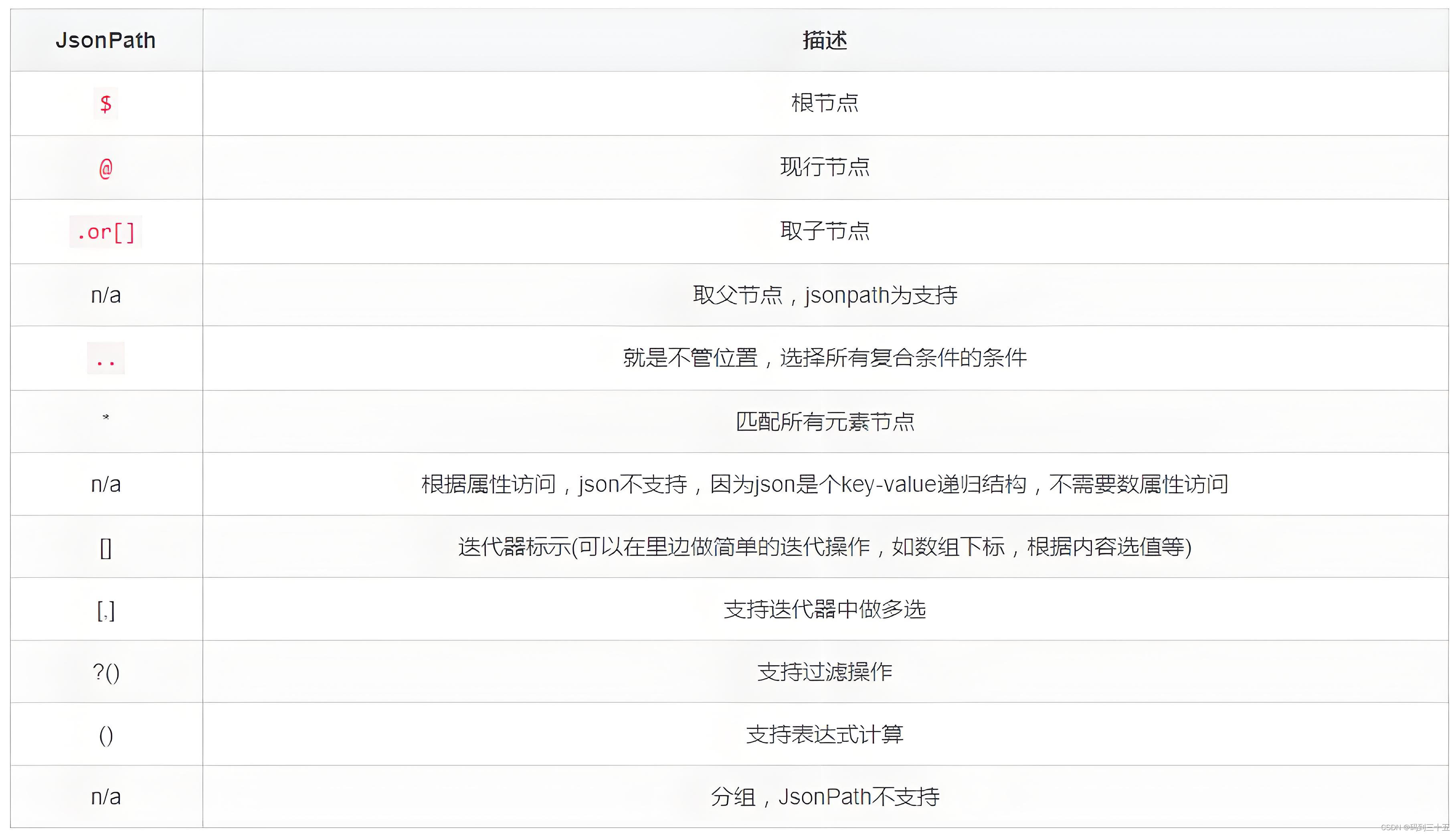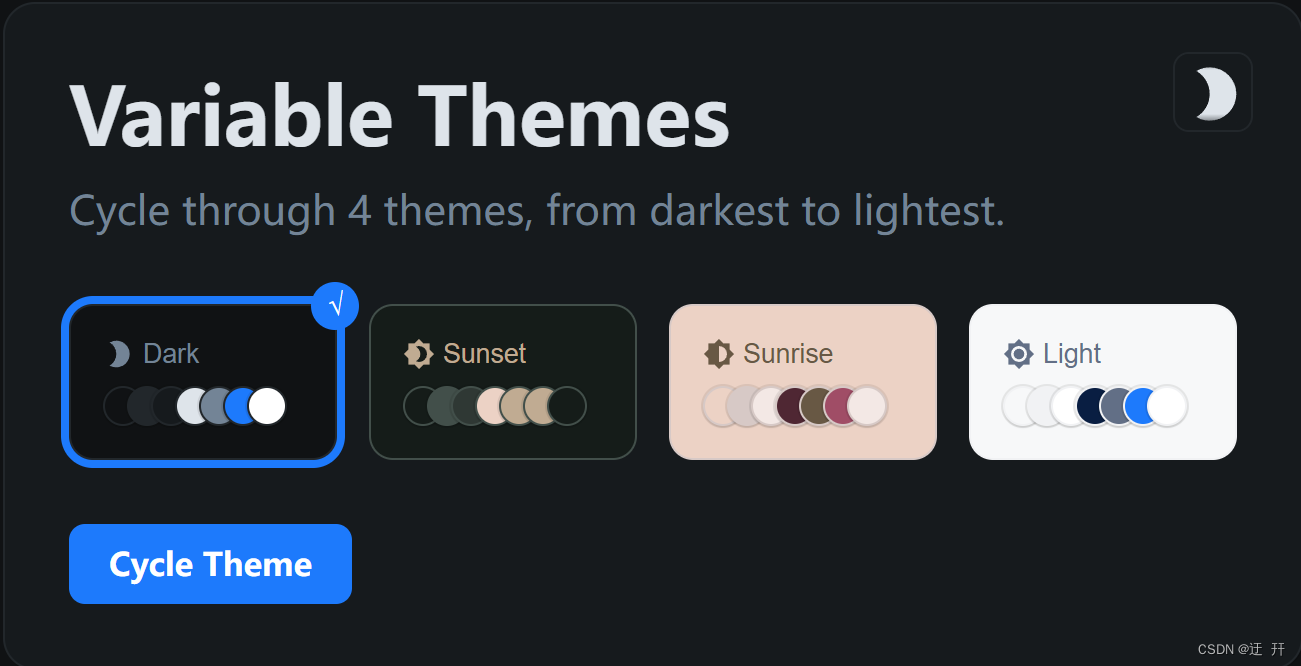Configuring Projects with vercel.json
The vercel.json configuration file lets you configure, and override the default behavior of Vercel from within your project. This includes settings for:
- li]:before:relative [&>li]:before:-ml-3.5 [&>li]:before:mr-2 [&>li]:before:inline-block [&>li]:before:text-[var(–accents-6)] [&>li]:before:content-[‘-‘]”>
- p]:m-0″>buildCommand
- p]:m-0″>cleanUrls
- p]:m-0″>crons
- p]:m-0″>devCommand
- p]:m-0″>framework
- p]:m-0″>functions
- p]:m-0″>headers
- p]:m-0″>ignoreCommand
- p]:m-0″>images
- p]:m-0″>installCommand
- p]:m-0″>outputDirectory
- p]:m-0″>public
- p]:m-0″>redirects
- p]:m-0″>regions
- p]:m-0″>functionFailoverRegion
- p]:m-0″>rewrites
- p]:m-0″>trailingSlash
To get started, create a vercel.json file in your project’s root directory.
p]:m-0″ href=”#buildcommand”>buildCommand
Type: string | null
The buildCommand property can be used to override the Build Command in the Project Settings dashboard, and the build script from the package.json file for a given deployment. For more information on the default behavior of the Build Command, visit the Configure a Build – Build Command section.
vercel.json
{
"buildCommand": "next build"
}This value overrides the Build Command in Project Settings.
p]:m-0″ href=”#cleanurls”>cleanUrls
Type: Boolean.
Default Value: false.
When set to true, all HTML files and Serverless Functions will have their extension removed. When visiting a path that ends with the extension, a 308 response will redirect the client to the extensionless path.
For example, a static file named about.html will be served when visiting the /about path. Visiting /about.html will redirect to /about.
Similarly, a Serverless Function named api/user.go will be served when visiting /api/user. Visiting /api/user.go will redirect to /api/user.
vercel.json
{
"cleanUrls": true
}If you are using Next.js and running vercel dev, you will get a 404 error when visiting a route configured with cleanUrls locally. It does however work fine when deployed to Vercel. In the example above, visiting /about locally will give you a 404 with vercel dev but /about will render correctly on Vercel.
p]:m-0″ href=”#crons”>crons
Used to configure cron jobs for the production deployment of a project.
Type: Array of cron Object.
Limits:
- li]:before:relative [&>li]:before:-ml-3.5 [&>li]:before:mr-2 [&>li]:before:inline-block [&>li]:before:text-[var(–accents-6)] [&>li]:before:content-[‘-‘]”>
- p]:m-0″>A maximum of string length of 512 for the
pathvalue. - p]:m-0″>A maximum of string length of 256 for the
schedulevalue.
p]:m-0″ href=”#cron-object-definition”>Cron object definition
- li]:before:relative [&>li]:before:-ml-3.5 [&>li]:before:mr-2 [&>li]:before:inline-block [&>li]:before:text-[var(–accents-6)] [&>li]:before:content-[‘-‘]”>
- p]:m-0″>
path– Required – The path to invoke when the cron job is triggered. Must start with/. - p]:m-0″>
schedule– Required – The cron schedule expression to use for the cron job.
vercel.json
{
"crons": [
{
"path": "/api/every-minute",
"schedule": "* * * * *"
},
{
"path": "/api/every-hour",
"schedule": "0 * * * *"
},
{
"path": "/api/every-day",
"schedule": "0 0 * * *"
}
]
}p]:m-0″ href=”#devcommand”>devCommand
This value overrides the Development Command in Project Settings.
Type: string | null
The devCommand property can be used to override the Development Command in the Project Settings dashboard. For more information on the default behavior of the Development Command, visit the Configure a Build – Development Command section.
vercel.json
{
"devCommand": "next dev"
}p]:m-0″ href=”#framework”>framework
This value overrides the Framework in Project Settings.
Type: string | null
Available framework slugs:
Show More
The framework property can be used to override the Framework Preset in the Project Settings dashboard. The value must be a valid framework slug. For more information on the default behavior of the Framework Preset, visit the Configure a Build – Framework Preset section.
To select “Other” as the Framework Preset, use null.
vercel.json
{
"framework": "nextjs"
}p]:m-0″ href=”#functions”>functions
Type: Object of key String and value Object.
p]:m-0″ href=”#key-definition”>Key definition
A glob pattern that matches the paths of the Serverless Functions you would like to customize:
- li]:before:relative [&>li]:before:-ml-3.5 [&>li]:before:mr-2 [&>li]:before:inline-block [&>li]:before:text-[var(–accents-6)] [&>li]:before:content-[‘-‘]”>
- p]:m-0″>
api/*.js(matches one level e.g.api/hello.jsbut notapi/hello/world.js) - p]:m-0″>
api/**/*.ts(matches all levelsapi/hello.tsandapi/hello/world.ts) - p]:m-0″>
src/pages/**/*(matches all functions fromsrc/pages) - p]:m-0″>
api/test.js
p]:m-0″ href=”#value-definition”>Value definition
- li]:before:relative [&>li]:before:-ml-3.5 [&>li]:before:mr-2 [&>li]:before:inline-block [&>li]:before:text-[var(–accents-6)] [&>li]:before:content-[‘-‘]”>
- p]:m-0″>
runtime(optional): The npm package name of a Runtime, including its version. - p]:m-0″>
memory(optional): An integer defining the memory in MB for your Serverless Function (between128and3009). - p]:m-0″>
maxDuration(optional): An integer defining how long your Serverless Function should be allowed to run on every request in seconds (between1and the maximum limit of your plan, as mentioned below). - p]:m-0″>
includeFiles(optional): A glob pattern to match files that should be included in your Serverless Function. If you’re using a Community Runtime, the behavior might vary. Please consult its documentation for more details. (Not supported in Next.js, instead useoutputFileTracingIncludesinnext.config.js) - p]:m-0″>
excludeFiles(optional): A glob pattern to match files that should be excluded from your Serverless Function. If you’re using a Community Runtime, the behavior might vary. Please consult its documentation for more details. (Not supported in Next.js, instead useoutputFileTracingIncludesinnext.config.js)
p]:m-0″ href=”#description”>Description
By default, no configuration is needed to deploy Serverless Functions to Vercel.
For all officially supported runtimes, the only requirement is to create an api directory at the root of your project directory, placing your Serverless Functions inside.
The functions property cannot be used in combination with builds. Since the latter is a legacy configuration property, we recommend dropping it in favor of the new one.
Because Incremental Static Regeneration (ISR) uses Serverless Functions, the same configurations apply. The ISR route can be defined using a glob pattern, and accepts the same properties as when using Serverless Functions.
When deployed, each Serverless Function receives the following properties:
- li]:before:relative [&>li]:before:-ml-3.5 [&>li]:before:mr-2 [&>li]:before:inline-block [&>li]:before:text-[var(–accents-6)] [&>li]:before:content-[‘-‘]”>
- p]:m-0″>Memory: 1024 MB (1 GB) – (Optional)
- p]:m-0″>Maximum Duration: 10s default – 60s (Hobby), 15s default – 300s (Pro), or 15s default – 900s (Enterprise). This can be configured up to the respective plan limit) – (Optional)
To configure them, you can add the functions property.
p]:m-0″ href=”#functions-property-with-serverless-functions”>functions property with Serverless Functions
vercel.json
{
"functions": {
"api/test.js": {
"memory": 3009,
"maxDuration": 30
},
"api/*.js": {
"memory": 3009,
"maxDuration": 30
}
}
}p]:m-0″ href=”#functions-property-with-isr”>functions property with ISR
vercel.json
{
"functions": {
"pages/blog/[hello].tsx": {
"memory": 1024
},
"src/pages/isr/**/*": {
"maxDuration": 10
}
}
}p]:m-0″ href=”#using-unsupported-runtimes”>Using unsupported runtimes
In order to use a runtime that is not officially supported, you can add a runtime property to the definition:
vercel.json
{
"functions": {
"api/test.php": {
"runtime": "vercel-php@0.5.2"
}
}
}In the example above, the api/test.php Serverless Function does not use one of the officially supported runtimes. In turn, a runtime property was added in order to invoke the vercel-php community runtime.
For more information on Runtimes, see the Runtimes documentation:
p]:m-0″ href=”#headers”>headers
Type: Array of header Object.
Valid values: a list of header definitions.
vercel.json
{
"headers": [
{
"source": "/service-worker.js",
"headers": [
{
"key": "Cache-Control",
"value": "public, max-age=0, must-revalidate"
}
]
},
{
"source": "/(.*)",
"headers": [
{
"key": "X-Content-Type-Options",
"value": "nosniff"
},
{
"key": "X-Frame-Options",
"value": "DENY"
},
{
"key": "X-XSS-Protection",
"value": "1; mode=block"
}
]
},
{
"source": "/:path*",
"has": [
{
"type": "query",
"key": "authorized"
}
],
"headers": [
{
"key": "x-authorized",
"value": "true"
}
]
}
]
}This example configures custom response headers for static files, Serverless Functions, and a wildcard that matches all routes.
p]:m-0″ href=”#header-object-definition”>Header object definition
| Property | Description |
|---|---|
source | A pattern that matches each incoming pathname (excluding querystring). |
headers | A non-empty array of key/value pairs representing each response header. |
has | An optional array of has objects with the type, key and value properties. Used for conditional path matching based on the presence of specified properties. |
missing | An optional array of missing objects with the type, key and value properties. Used for conditional path matching based on the absence of specified properties. |
p]:m-0″ href=”#header-has-or-missing-object-definition”>Header has or missing object definition
| Property | Type | Description |
|---|---|---|
type | String | Must be either header, cookie, host, or query. |
key | String | The key from the selected type to match against. |
value | String or not defined | The value to check for, if undefined any value will match. A regex like string can be used to capture a specific part of the value, e.g. if the value first-(?.*) is used for first-second then second will be usable in the destination with :paramName. |
Learn more about rewrites on Vercel and see limitations.
p]:m-0″ href=”#ignorecommand”>ignoreCommand
This value overrides the Ignored Build Step in Project Settings.
Type: string | null
This ignoreCommand property will override the Command for Ignoring the Build Step for a given deployment. When the command exits with code 1, the build will continue. When the command exits with 0, the build is ignored. For more information on the default behavior of the Ignore Command, visit the Ignored Build Step section.
vercel.json
{
"ignoreCommand": "git diff --quiet HEAD^ HEAD ./"
}p]:m-0″ href=”#installcommand”>installCommand
This value overrides the Install Command in Project Settings.
Type: string | null
The installCommand property can be used to override the Install Command in the Project Settings dashboard for a given deployment. This setting is useful for trying out a new package manager for the Project. An empty string value will cause the Install Command to be skipped. For more information on the default behavior of the install command visit the Configure a Build – Install Command section.
vercel.json
{
"installCommand": "npm install"
}p]:m-0″ href=”#images”>images
The images property defines the behavior of Vercel’s native Image Optimization API, which allows on-demand optimization of images at runtime.
Type: Object
p]:m-0″ href=”#value-definition”>Value definition
- li]:before:relative [&>li]:before:-ml-3.5 [&>li]:before:mr-2 [&>li]:before:inline-block [&>li]:before:text-[var(–accents-6)] [&>li]:before:content-[‘-‘]”>
- p]:m-0″>
sizes– Required – Array of allowed image widths. The Image Optimization API will return an error if an image width is requested that is not defined in this list. - p]:m-0″>
remotePatterns– Required – Allow-list of external domains which can be used with the Image Optimization API. - p]:m-0″>
minimumCacheTTL– Cache duration (in seconds) for the optimized images. - p]:m-0″>
formats– Supported output image formats. Allowed values are either"image/avif"and/or"image/webp". - p]:m-0″>
dangerouslyAllowSVG– Allow SVG input image URLs. This is disabled by default for security purposes. - p]:m-0″>
contentSecurityPolicy– Specifies the Content Security Policy of the optimized images. - p]:m-0″>
contentDispositionType– Specifies the value of the"Content-Disposition"response header. Allowed values are"inline"or"attachment".
vercel.json
{
"images": {
"sizes": [256, 640, 1080, 2048, 3840],
"remotePatterns": [
{
"protocol": "https",
"hostname": "example.com",
"port": "",
"pathname": "/account123/**"
}
],
"minimumCacheTTL": 60,
"formats": ["image/webp"],
"dangerouslyAllowSVG": false,
"contentSecurityPolicy": "script-src 'none'; frame-src 'none'; sandbox;",
"contentDispositionType": "inline"
}
}p]:m-0″ href=”#outputdirectory”>outputDirectory
This value overrides the Output Directory in Project Settings.
Type: string | null
The outputDirectory property can be used to override the Output Directory in the Project Settings dashboard for a given deployment.
In the following example, the deployment will look for the build directory rather than the default public or . root directory. For more information on the default behavior of the Output Directory see the Configure a Build – Output Directory section. The following example is a vercel.json file that overrides the outputDirectory to build:
vercel.json
{
"outputDirectory": "build"
}p]:m-0″ href=”#public”>public
Type: Boolean.
Default Value: false.
When set to true, both the source view and logs view will be publicly accessible.
vercel.json
{
"public": true
}p]:m-0″ href=”#redirects”>redirects
Type: Array of redirect Object.
Valid values: a list of redirect definitions.
p]:m-0″ href=”#redirects-examples”>Redirects examples
Some redirects and rewrites configurations can accidentally become gateways for semantic attacks. Learn how to check and protect your configurations with the
Enhancing Security for Redirects and Rewrites guide.
This example redirects requests to the path /me from your site’s root to the profile.html file relative to your site’s root with a 307 Temporary Redirect:
vercel.json
{
"redirects": [
{ "source": "/me", "destination": "/profile.html", "permanent": false }
]
}This example redirects requests to the path /me from your site’s root to the profile.html file relative to your site’s root with a 308 Permanent Redirect:
vercel.json
{
"redirects": [
{ "source": "/me", "destination": "/profile.html", "permanent": true }
]
}This example redirects requests to the path /user from your site’s root to the api route /api/user relative to your site’s root with a 301 Moved Permanently:
vercel.json
{
"redirects": [
{ "source": "/user", "destination": "/api/user", "statusCode": 301 }
]
}This example redirects requests to the path /view-source from your site’s root to the absolute path https://github.com/vercel/vercel of an external site with a redirect status of 308:
vercel.json
{
"redirects": [
{
"source": "/view-source",
"destination": "https://github.com/vercel/vercel"
}
]
}This example redirects requests to all the paths (including all sub-directories and pages) from your site’s root to the absolute path https://vercel.com/docs of an external site with a redirect status of 308:
vercel.json
{
"redirects": [
{
"source": "/(.*)",
"destination": "https://vercel.com/docs"
}
]
}This example uses wildcard path matching to redirect requests to any path (including subdirectories) under /blog/ from your site’s root to a corresponding path under /news/ relative to your site’s root with a redirect status of 308:
vercel.json
{
"redirects": [
{
"source": "/blog/:path*",
"destination": "/news/:path*"
}
]
}This example uses regex path matching to redirect requests to any path under /posts/ that only contain numerical digits from your site’s root to a corresponding path under /news/ relative to your site’s root with a redirect status of 308:
vercel.json
{
"redirects": [
{
"source": "/post/:path(\d{1,})",
"destination": "/news/:path*"
}
]
}This example redirects requests to any path from your site’s root that does not start with /uk/ and has x-vercel-ip-country header value of GB to a corresponding path under /uk/ relative to your site’s root with a redirect status of 307:
vercel.json
{
"redirects": [
{
"source": "/:path((?!uk/).*)",
"has": [
{
"type": "header",
"key": "x-vercel-ip-country",
"value": "GB"
}
],
"destination": "/uk/:path*",
"permanent": false
}
]
}Using has does not yet work locally while using
vercel dev, but does work when deployed.
p]:m-0″ href=”#redirect-object-definition”>Redirect object definition
| Property | Description |
|---|---|
source | A pattern that matches each incoming pathname (excluding querystring). |
destination | A location destination defined as an absolute pathname or external URL. |
permanent | An optional boolean to toggle between permanent and temporary redirect (default true). When true, the status code is 308. When false the status code is 307. |
statusCode | An optional integer to define the status code of the redirect. Used when you need a value other than 307/308 from permanent, and therefore cannot be used with permanent boolean. |
has | An optional array of has objects with the type, key and value properties. Used for conditional redirects based on the presence of specified properties. |
missing | An optional array of missing objects with the type, key and value properties. Used for conditional redirects based on the absence of specified properties. |
p]:m-0″ href=”#redirect-has-or-missing-object-definition”>Redirect has or missing object definition
| Property | Type | Description |
|---|---|---|
type | String | Must be either header, cookie, host, or query. |
key | String | The key from the selected type to match against. |
value | String or not defined | The value to check for, if undefined any value will match. A regex like string can be used to capture a specific part of the value. See example. |
Learn more about redirects on Vercel and see limitations.
p]:m-0″ href=”#regions”>regions
This value overrides the Serverless Function Region in Project Settings.
Type: Array of region identifier String.
Valid values: List of regions, defaults to iad1.
Select the deployment regions of Serverless Functions in your application. Deploying to multiple regions (or all) is limited to Enterprise plans, but Pro and Hobby plans can select any single region.
Function responses can be cached in the requested regions. Selecting a Serverless Function region does not impact static files, which are deployed to every region by default.
vercel.json
{
"regions": ["sfo1"]
}p]:m-0″ href=”#functionfailoverregions”>functionFailoverRegions
Setting failover regions for Serverless Functions
are
available
on
Enterprise
plans
Set this property to specify the region to which a Serverless Function should fallback when the default region(s) are unavailable.
Type: Array of region identifier String.
Valid values: List of regions.
vercel.json
{
"functionFailoverRegions": ["iad1", "sfo1"]
}These regions serve as a fallback to any regions specified in the regions configuration. The region Vercel selects to invoke your function depends on availability and ingress. For instance:
- li]:before:relative [&>li]:before:-ml-3.5 [&>li]:before:mr-2 [&>li]:before:inline-block [&>li]:before:text-[var(–accents-6)] [&>li]:before:content-[‘-‘]”>
- p]:m-0″>Vercel always attempts to invoke the function in the primary region. If you specify more than one primary region in the
regionsproperty, Vercel selects the region geographically closest to the request - p]:m-0″>If all primary regions are unavailable, Vercel automatically fails over to the regions specified in
functionFailoverRegions, selecting the region geographically closest to the request - p]:m-0″>The order of the regions in
functionFailoverRegionsdoes not matter as Vercel automatically selects the region geographically closest to the request
To learn more about automatic failover for Serverless Functions, see Automatic failover. Edge Functions will automatically failover with no configuration required.
Region failover is supported with Secure Compute, see Region Failover to learn more.
p]:m-0″ href=”#rewrites”>rewrites
Type: Array of rewrite Object.
Valid values: a list of rewrite definitions.
p]:m-0″ href=”#rewrites-examples”>Rewrites examples
Some redirects and rewrites configurations can accidentally become gateways for semantic attacks. Learn how to check and protect your configurations with the
Enhancing Security for Redirects and Rewrites guide.
This example rewrites requests to the path /about from your site’s root to the /about-our-company.html file relative to your site’s root:
vercel.json
{
"rewrites": [{ "source": "/about", "destination": "/about-our-company.html" }]
}This example rewrites requests to the paths under /resize that with 2 paths levels (defined as variables width and height that can be used in the destination value) to the api route /api/sharp relative to your site’s root:
vercel.json
{
"rewrites": [
{ "source": "/resize/:width/:height", "destination": "/api/sharp" }
]
}This example uses wildcard path matching to rewrite requests to any path (including subdirectories) under /proxy/ from your site’s root to a corresponding path under the root of an external site https://example.com/:
vercel.json
{
"rewrites": [
{
"source": "/proxy/:match*",
"destination": "https://example.com/:match*"
}
]
}This example rewrites requests to any path from your site’s root that does not start with /uk/ and has x-vercel-ip-country header value of GB to a corresponding path under /uk/ relative to your site’s root:




